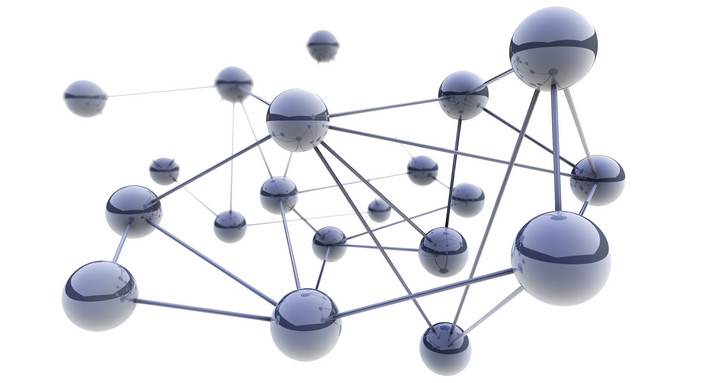A well-developed grid infrastructure is key to the success of the energy transition in Germany as well as Baden-Württemberg.
As the energy transition advances, our energy system changes fundamentally. First of all, the type of energy production is changing due to the increasing share of renewable energies: generation becomes more volatile and more decentralised. Instead of large fossil fuel-fired power plants close to urban and industrial load centres, renewable electricity generation is located where resources are best – which is in most cases far away from where the electricity is finally consumed. At the same time, overall electricity demand will increase significantly over the coming years as renewable electricity replaces fossil fuels and avoid greenhouse gases also in other sectors such as heating and cooling, industry and transport.
As a result of these changes, also the requirements for the transport infrastructure change. The grid infrastructure does not only have to transport more electricity, it must also take on new transport tasks. On the one hand, it has to transport increasing amounts of renewable power over large distances, in particular wind power from Northern Germany to the large consumption centres in the Southern and Western part of the country. This requires a significant upgrade of the transmission grid including several new cross-country high voltage power lines. On the other hand, the energy transition also requires a huge upgrade of the distribution grid since this is where most renewable power plants are connected to.
Upgrading and expanding both transmission and distribution grids is crucial especially for Baden-Württemberg with its important urban and industrial load centres.
Baden-Württemberg therefore relies on a coordinated grid expansion in order to
- transport excess wind power from Northern Germany to the load centres in Southern Germany over high-voltage lines,
- compensate flexibly for fluctuating renewable energy generation by expanding the distribution grids and counteracting grid bottlenecks,
- improve performance especially in the distribution grids, so that the grid capacities can keep pace with the expansion of renewable energies.
Smart Grids
With our electricity generation becoming more and more decentralized and more and more susceptible to the fluctuations of wind and sun, the grids must also be converted to smart grids wherever possible.
Smart grids intelligently connect electricity generators, grid operators, storage facilities and electricity consumers by means of modern information and communication technologies. They help to match electricity generation and consumption directly and in real time, and they add flexibility to the system by intelligent load management for instance by making charging stations for electric vehicles and heat pumps run when there are particularly high amounts of renewable electricity in the system.
From the perspective of Baden-Württemberg, smart grids are an essential element for the sustainable, cost-effective and secure supply of energy. They make the energy transition cheaper, contribute to security of supply, and reduce grid expansion and demand side management.
In Baden-Württemberg, not only do we have good financial resources, but also have a group of players that, thanks to their knowledge and experience, are able to design and implement all of the elements necessary transforming grids into smart grids. The smart grid activities in Baden-Württemberg are concentrated in the smart grids platform Baden-Württemberg e. V. being a networking and information platform that brings together all relevant stakeholders in the field of smart grids and digitalisation of the energy transition. The platform is funded by the Ministry for the Environment, Climate and Energy of the state of Baden-Württemberg.
While being key to advance the energy transition, smart grids also enable Baden-Württemberg to tap into a new field of technology in global competition as well as create added value and jobs for the local economy.

